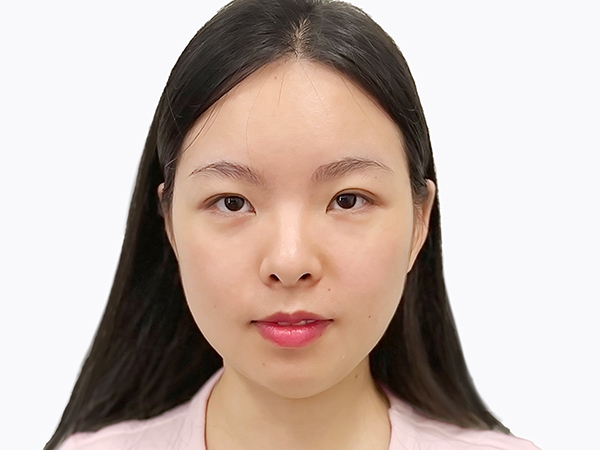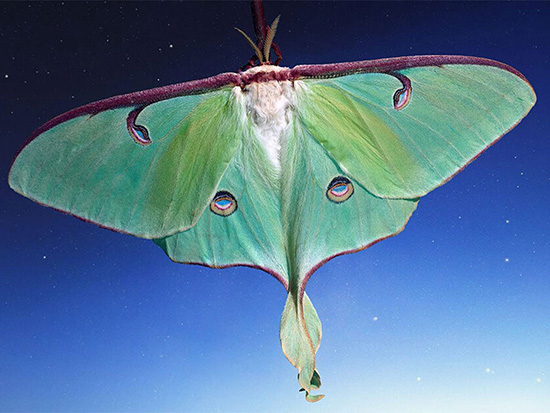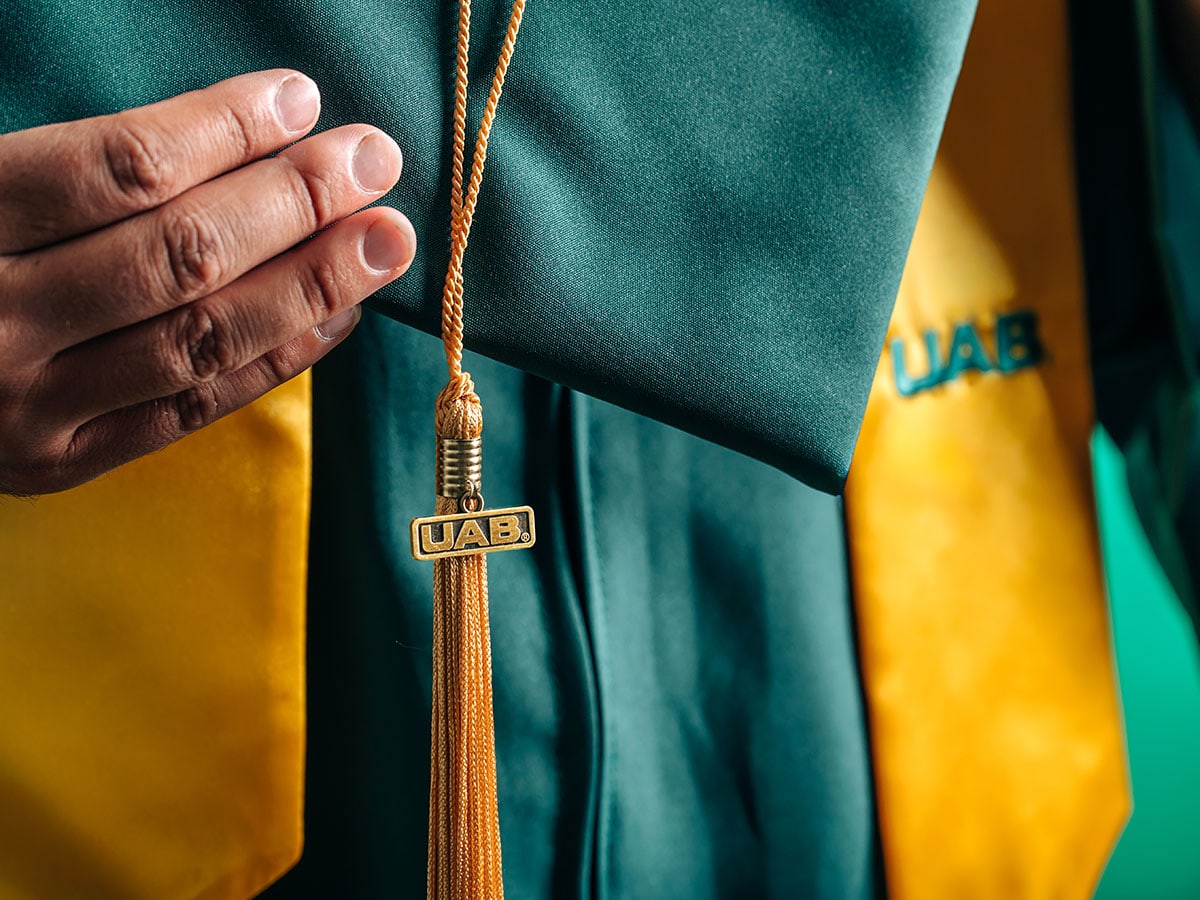 Ke FanWhen Ke Fan was evaluating computer science doctoral programs, she prioritized opportunities to work alongside faculty who were conducting research she found interesting. So, before submitting her application to UAB, she sat down and reviewed the CVs of every faculty member in the Department of Computer Science—no small task. Eventually, she discovered assistant professor Sidharth Kumar, Ph.D.
Ke FanWhen Ke Fan was evaluating computer science doctoral programs, she prioritized opportunities to work alongside faculty who were conducting research she found interesting. So, before submitting her application to UAB, she sat down and reviewed the CVs of every faculty member in the Department of Computer Science—no small task. Eventually, she discovered assistant professor Sidharth Kumar, Ph.D.
“His research was fascinating and primarily focused on high-performance computing (HPC) and data visualization,” said Fan. “I emailed Dr. Kumar and received a response, fortunately. He then interviewed me to check if my knowledge matched his requirements and gave me a detailed overview of his research, which further piqued my interest in it."
It was significant for Fan to consider a university in Birmingham, Alabama, because she was living and working in Shanghai, China, at the time. She grew up in China and earned her bachelor’s degree in communication engineering at the University of Hankou in Wuhan in 2014. She subsequently obtained an M.S. in software engineering from the University of Tongji in Shanghai, China. During that time, she joined a double exchange degree program that enabled her to earn a second M.S. in Computer Engineering from the University of Pavia in Pavia, Italy. After that, she accepted a role as a software engineer in 2017, but, within a few years on the job, she made a significant discovery.
"After two years of work experience, I realized that even though my industry job was promising, my knowledge was insufficient," said Fan. "I desired a deeper understanding of computer science and a better chance to engage in work that benefits science and humanity."
That desire to continue learning prompted her to start exploring Ph.D. programs. She was aware of UAB because her partner was enrolled at the university—so, given the existing connection, she decided to consider its computer science doctoral program. Specifically, she was curious if any faculty members in the Department of Computer Science were researching high performance computing (HPC). That is when Kumar, and his impressive CV, came into the picture.
"Think of a supercomputer as a giant computing machine made of hundreds of thousands of commodity computers connected by fast networks, all working together to solve computationally demanding problems from a myriad of fields, including climate, energy, reasoning, AI/ML, and medicine. As you can expect, executing large-scale applications on these supercomputers necessitates a significant amount of data transfer and complicated communication over networks," said Fan. "These machines are large, heterogenous, and complex. Dr. Kumar's long-term aim is to develop infrastructure that makes it easier for users to run applications on supercomputers by optimizing data movement and communication patterns.”
After speaking with Kumar, Fan decided UAB was a good fit, so she enrolled in 2019. Now, Kumar serves as her advisor, and she has worked on myriad research projects, including parallel I/O, optimizing collective communication, and performance visualization. These research results have been published in HiPC, HPDC, and SC, all of which are top-tier HPC venues.
Fan was able to delve deeper into research through a grant that Kumar received from the National Science Foundation in 2022. The grant provided Fan the opportunity to serve as a summer intern at the Argonne National Laboratory in Lemont, Illinois. Her 2022 summer culminated in a training program with 73 other researchers. The training program—which is titled the Argonne Training Program on Extreme-Scale Computing (ATPESC)— "provides intensive, two weeks of training on the key skills, approaches, and tools to design, implement, and execute computational science and engineering applications on current high-end computing systems and the leadership-class computing systems of the future.” Overall, Fan thoroughly enjoyed both the internship and the training program.
“The three months at the Argonne National Laboratory were extremely productive. Not only did it facilitate direct collaboration with HPC experts, but it also gave me a sense of belonging to a large, supportive HPC community,” said Fan. “In addition, seeing the large supercomputers in the lab was a treat I never grew tired of. I anticipate returning to the lab and continuing to collaborate with it.”
In addition, Fan got the chance to network with other researchers from across the country, hear from influential speakers, and deliver a presentation highlighting her research on HPCs.
Fan is now back at UAB and working through her fourth year in the computer science doctoral program, alongside Kumar. As she looks to the future, she hopes to graduate in Spring 2024, then seek a postdoctoral fellowship with a national lab.
“I hope to pursue an academic position after graduating from UAB," said Fan. "I would like to continue my current research directions while exploring new areas in HPC, targeting challenges pertaining to increasing heterogeneity and scale of modern supercomputers. I would also like to find new application domains that could potentially benefit from HPC.”
Based on her work to date, she appears to be well-poised to achieve that goal.


